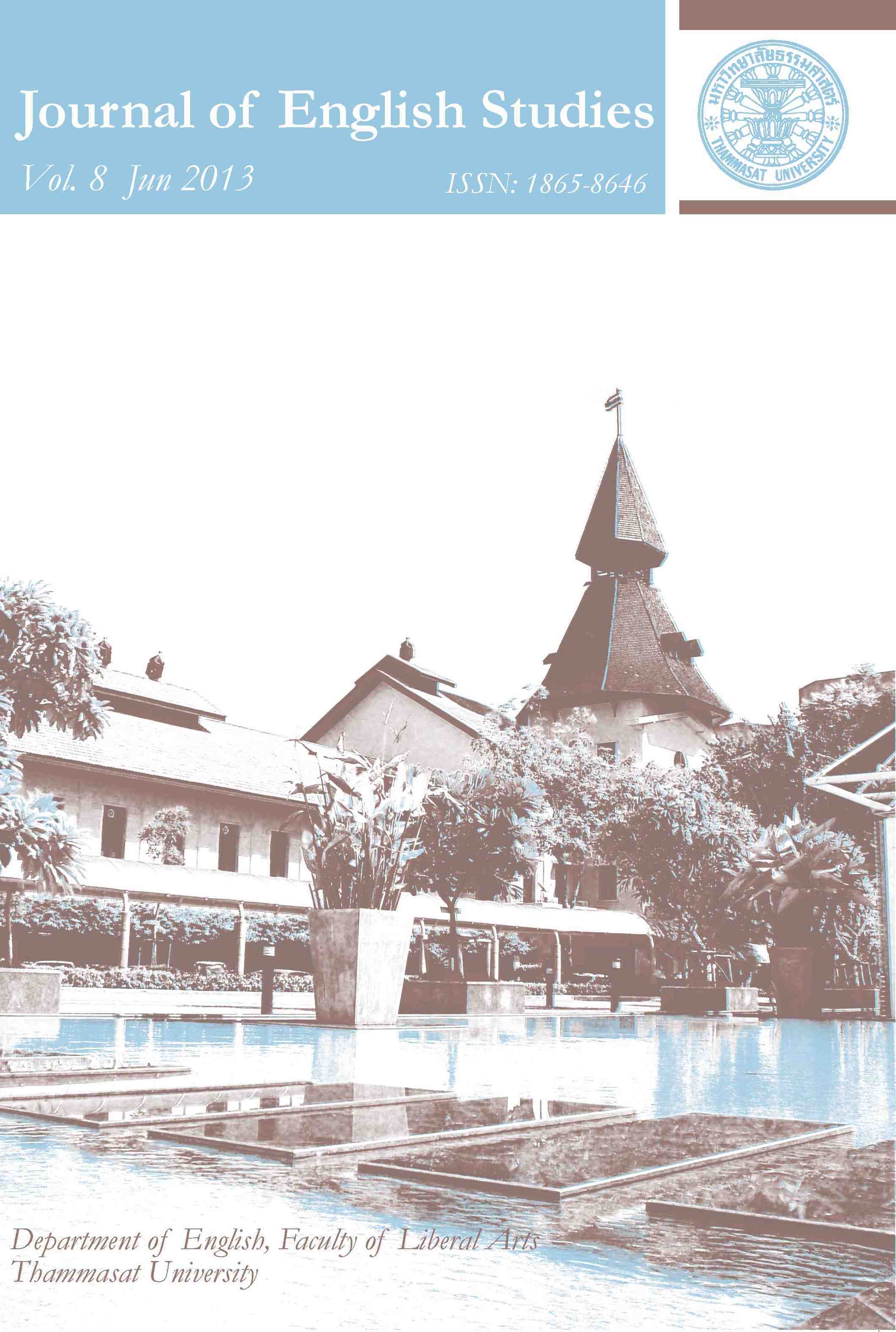Editorial
Main Article Content
Abstract
The first two papers in this volume explore an integral aspect of a language test—its validity. In the first paper, Suttinee Chuanchaisit expounds upon the concept of construct validity, contrasting the traditional view to a more unified framework proposed by influential scholars in the field of language testing. Her theoretical discussion of validity allows readers to transition into the application of the concept in the study presented in the next paper by Tikamporn Wuttipornpong. In this second paper, the author presents an analysis of validity in reading comprehension tests for English as a Foreign Language (EFL) students. She questions the fairness of using test questions in L2 to assess L2 reading comprehension among low proficiency students. Instead, she argues for the use of L1 in multiple-choice test format as a way to avoid biases introduced by the use of L2 in the reading comprehension test.
In the third paper, Jiratorn Sakulwattana illustrates how the characteristics of Medusa can be interpreted in either a positive or negative light through Freudian theory of castration and C.G. Jung’s theory of the Archetype. Her discussion sheds light on how myth reflects the way man attempts to make sense of his existence.
In the last two papers, the focus shifts from myth to reality. Both papers share an interest for EFL learners and the factors affecting their learning experiences, whether they be cognitive or socioeconomic ones. Soisithorn Isarankura examines pause patterns in a read-aloud task completed by high- and low-proficiency students. Her findings suggest a relationship between proficiency level and the ability to process the language at the syntactic level. She also recommends the use of read-aloud task as a way to improve pronunciation skills.
Along the same line, the issue of pronunciation is the main focus of the last research paper by Budsaba Kanoksilapatham, though here the work is situated within a larger socioeconomic context. In particular, she investigates the extent to which the ideologies of English as an International Language and the advent of Thailand’s integration into the ASEAN Economic Community (AEC) may influence students’ attitudes toward various models of English pronunciation. The results indicate that despite the move towards intelligibility as a goal for the teaching of pronunciation, most students still consider native speakers’ norms more desirable.
This volume ends with a review of Ulla Connor’s book entitled “Intercultural Rhetoric in the Writing Classroom” by Pawin Malaiwong. This critical review will undoubtedly help potential readers envision how this book can best be used in their writing class.
Lastly, we would like to thank our reviewers whose expertise and devotion have enabled us to maintain our goal to serve as an avenue for quality scholarly work. We would like to extend our sincere gratitude to the Faculty of Liberal Arts, Thammasat University for the generous funding we have been provided.
As always, we hope our readers find their valuable time well spent with the Journal. We continually strive to treat our readers with the respect they deserve.
Sayamon Singto
Editor-in-Chief


